
Home Automation in 2025: The Smart Home Ecosystem
Home Automation in 2025: The Smart Home Ecosystem is revolutionizing the way we live and interact with our homes. With the increasing use of Internet of Things (IoT) devices, smart homes are becoming more intelligent, efficient, and convenient. In this article, we’ll explore the current state of home automation, its benefits, and what to expect in the future.
What is Home Automation?
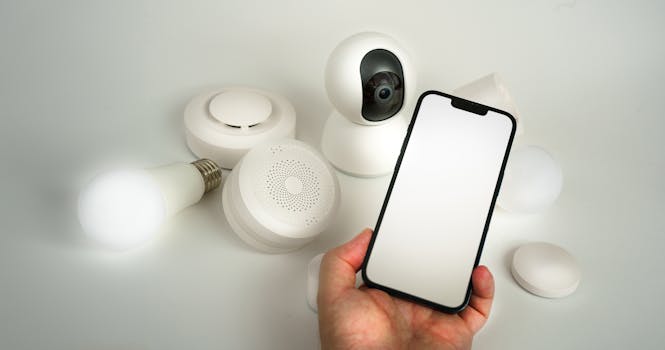
Home automation refers to the use of technology to control and monitor various aspects of a home, including lighting, temperature, security, and entertainment systems. This can be done remotely using a smartphone, tablet, or voice assistant, such as Amazon Alexa or Google Home.
Benefits of Home Automation
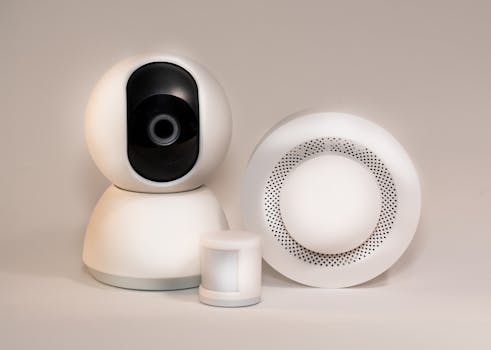
Home automation offers numerous benefits, including:
- Increased convenience: With home automation, you can control multiple devices with a single interface, making it easier to manage your home.
- Energy efficiency: Smart thermostats and lighting systems can help reduce energy consumption, saving you money on your utility bills.
- Enhanced security: Home automation systems can integrate with security cameras, door locks, and alarm systems, providing an additional layer of protection for your home and family.
- Improved entertainment: Smart home systems can integrate with your TV, sound system, and other entertainment devices, creating a seamless viewing experience.
Current Trends in Home Automation
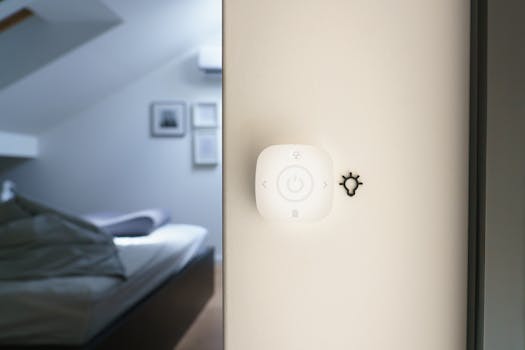
Some current trends in home automation include:
- Voice control: Voice assistants, such as Amazon Alexa and Google Home, are becoming increasingly popular, allowing users to control their smart home devices with voice commands.
- Artificial intelligence: AI-powered smart home devices can learn your habits and preferences, making recommendations and automating tasks to make your life easier.
- IoT devices: The increasing use of IoT devices, such as smart plugs, smart light bulbs, and smart thermostats, is making it easier to automate various aspects of your home.
Future of Home Automation
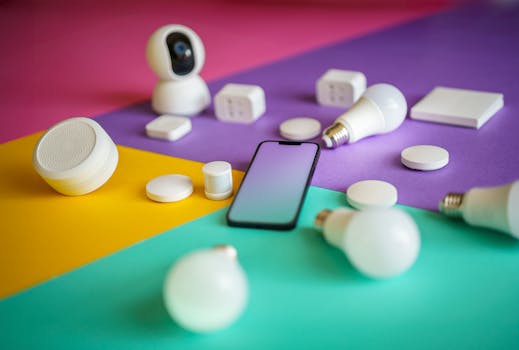
In the future, we can expect to see even more advanced home automation technologies, including:
- 5G connectivity: The rollout of 5G networks will enable faster and more reliable connectivity for smart home devices, making it possible to control and monitor your home remotely with greater ease.
- Edge computing: Edge computing will allow smart home devices to process data locally, reducing latency and improving the overall performance of your smart home system.
- Quantum computing: Quantum computing will enable the development of more advanced AI algorithms, making it possible to create even more intelligent and automated smart home systems.
Conclusion
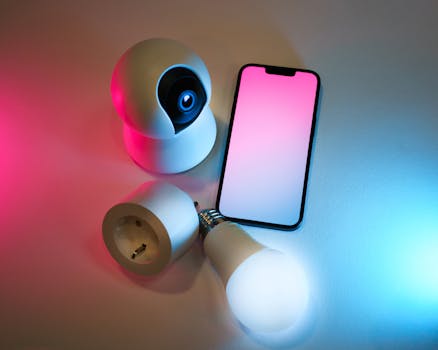
In conclusion, Home Automation in 2025: The Smart Home Ecosystem is transforming the way we live and interact with our homes. With the increasing use of IoT devices, smart homes are becoming more intelligent, efficient, and convenient. As we look to the future, we can expect to see even more advanced home automation technologies, making our lives easier, more convenient, and more enjoyable.






